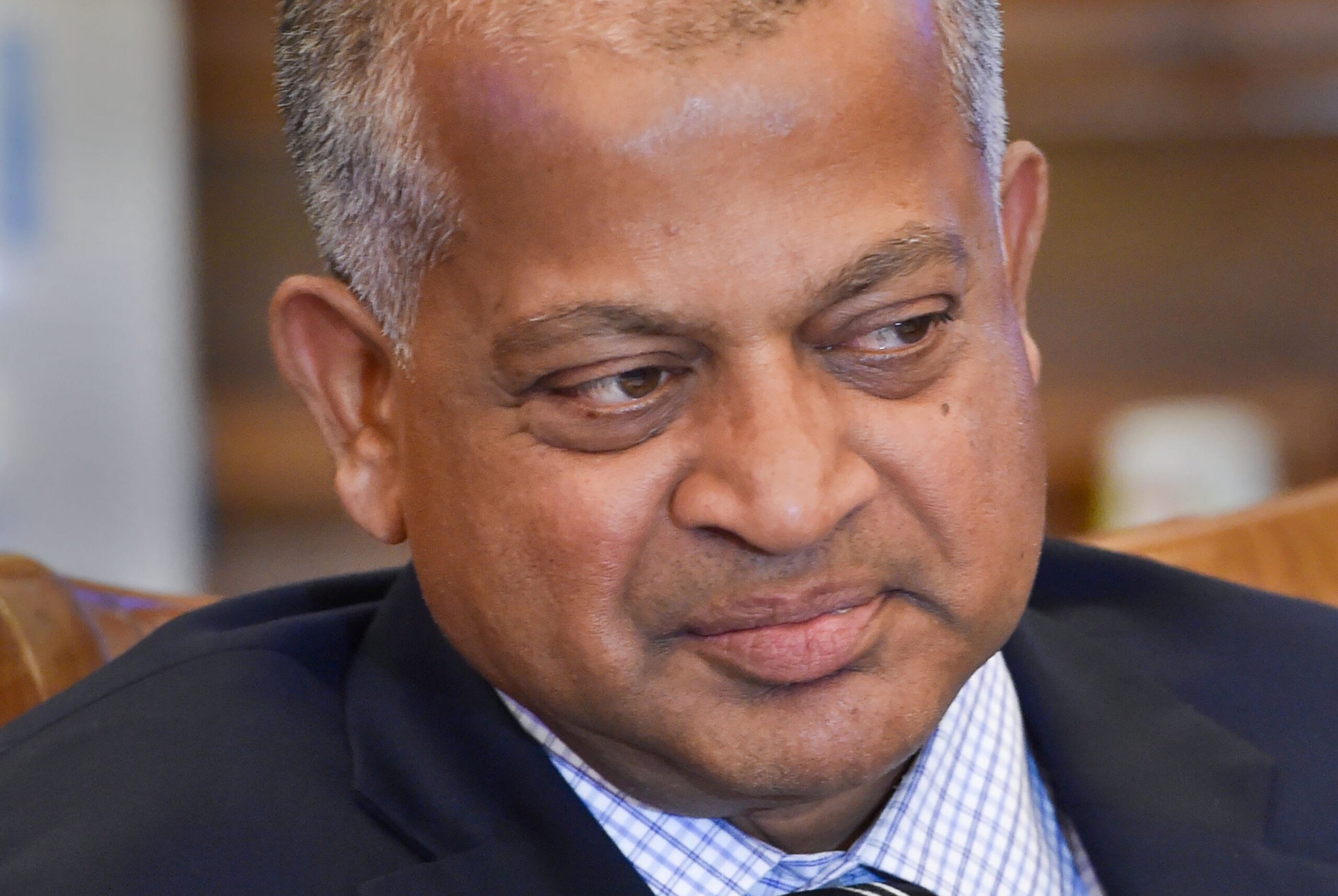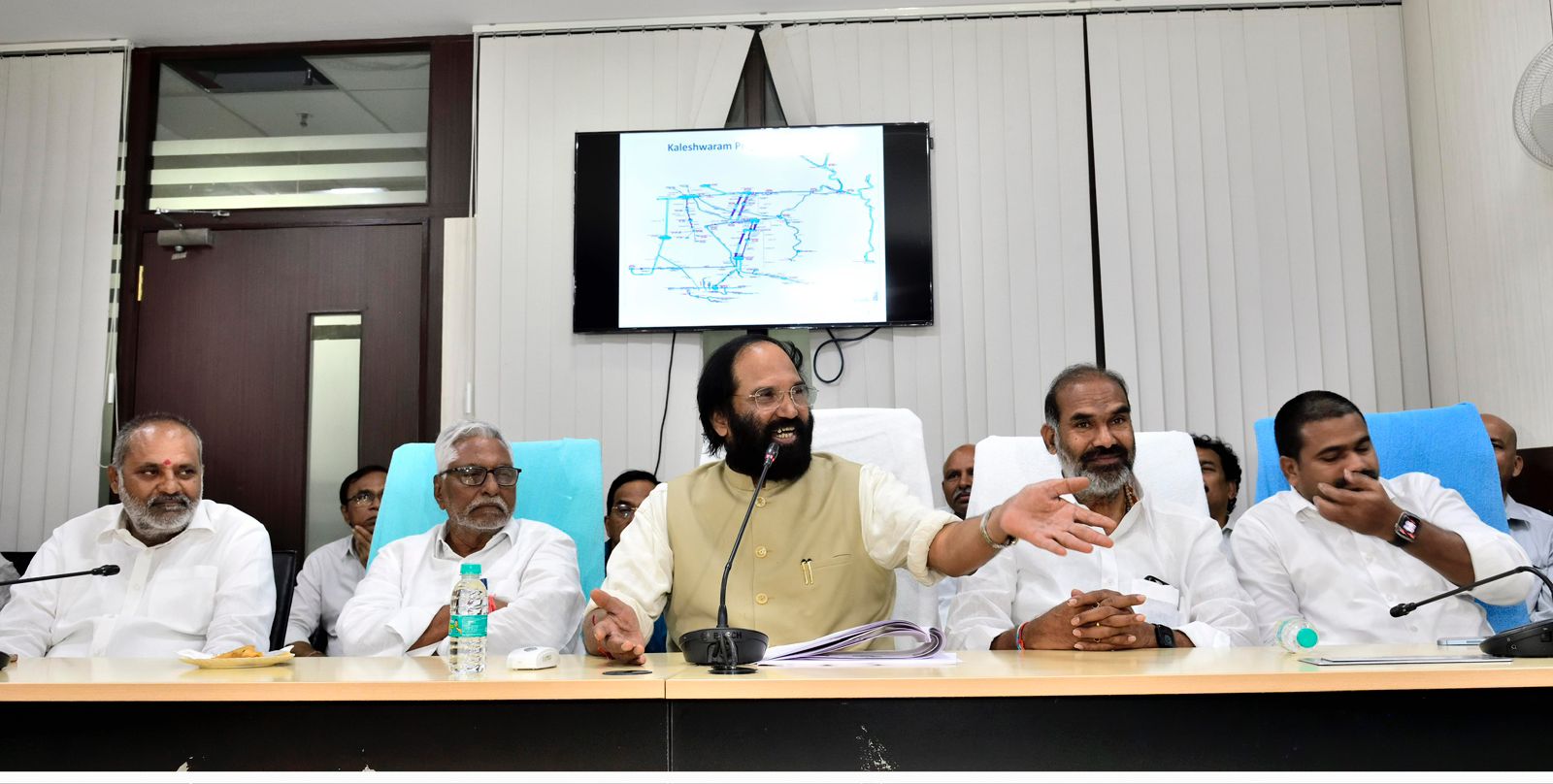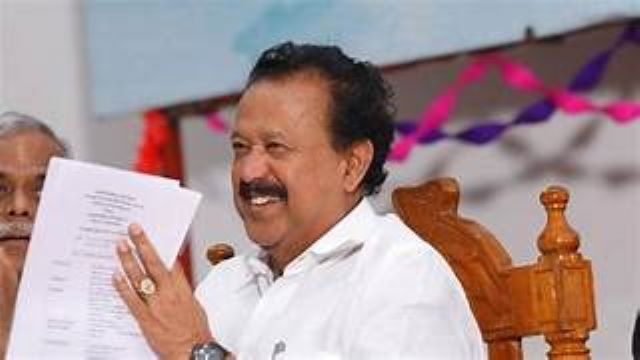PFRDA plans to introduce systematic withdrawal plan under NPS by Sept

New Delhi: Pension fund regulator PFRDA plans to come out with a systematic withdrawal plan which will provide flexibility to pension account holders to withdraw a lump sum fund as per their choice on completion of 60 years.
“It is at a very advanced stage. Hopefully, by the end of next quarter we should be able to come out with a scheme like that,” PFRDA Chairman Deepak Mohanty told PTI in an interview.
Currently, National Pension Scheme (NPS) subscribers after turning 60 years withdraw up to 60 per cent of the retirement corpus as a lump sum while the remaining 40 per cent of the corpus mandatorily goes into buying an annuity.
In FY23, as many as million new subscribers came to the NPS fold from the non-government sector.
“In this fiscal (2023-24), we expect this to increase to 13 lakh new subscribers,” Mohanty added.
He said the rollout of this systematic withdrawal feature will happen this year. Indications are that it would be a reality in third quarter this calendar year.
PFRDA is looking to allow systematic withdrawal in terms of either units or in the form of periodic lumpsum amount, depending on the subscriber’s choice.
At present, under NPS, a subscriber has to, on retirement, invest at least 40 per cent of the accumulated corpus in annuities. The remaining 60 percent can be withdrawn for any of his end use purposes, including investments in other assets.
Now, the PFRDA is planning to give the subscriber flexibility to leave the residual amount (other than 40 per cent that goes for annuities) within the NPS system, and avail pension at monthly, quarterly, semi-annual or annual rests till the age of 75, Mohanty explained.
“So, from 60 years [on retirement] till 75 years you as NPS subscriber can remain within NPS system and avail monthly, quarterly, semi-annual or yearly systematic withdrawal. Either you can take your 60 per cent at one go when you retire at 60 years or stretch it over next 15 years till you turn 75 years. You get higher return and redeem as you go,” said Mohanty.
He also said that PFRDA Board has already given its nod for introducing this flexibility to NPS subscribers.




